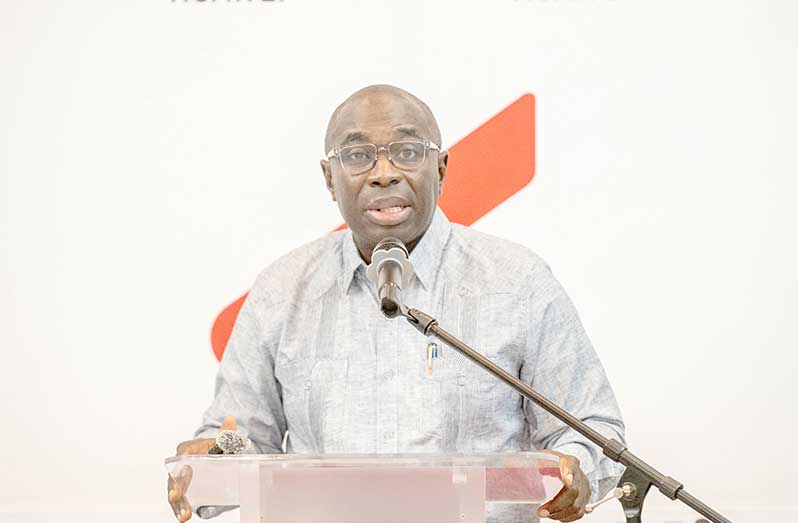Copyright cleveland.com

WASHINGTON - U.S. Rep. Max Miller is preparing to introduce comprehensive cryptocurrency legislation that he says will transform how digital assets are regulated and taxed in the United States. In a podcast interview that aired Monday, the Bay Village Republican said he’s planning to introduce a “crypto tax” bill with Nevada Democrat Steven Horsford. Miller and Horsford are both members of the tax writing House Ways and Means Committee. “It’s going to bring in revenue as a pay-for for the federal government, but it’s also going to be backed by the United States of America,” Miller told the podcaster, Breitbart Editor-in-Chief Alex Marlow. Cryptocurrencies are digital currencies that operate independently of traditional banking systems using blockchain technology. They have become controversial due to concerns about their use in illicit activities, extreme price volatility, environmental impact from energy-intensive mining operations, and regulatory uncertainty over whether they should be treated as securities or commodities. The cryptocurrency industry spent more than $130 million to sway federal elections last year including $40 million to defeat former Ohio Democratic Sen. Sherrod Brown, a cryptocurrency skeptic who had chaired the Senate Banking Committee. Miller’s re-election bid did not draw that kind of outside spending. Statistics kept by OpenSecrets indicate the top interest groups that donated to his 2024 re-election campaign were pro-Israel entities, which gave $242,355, real estate interests, who gave $168,455, and people affiliated with the securities and investment industries, which gave $168,365. Miller said his legislation will complement previous efforts to regulate cryptocurrency, such as the Guiding and Establishing National Innovation for U.S. Stablecoins (GENIUS Act), and represent a major step forward for the industry. The GENIUS Act, which became law in July, establishes a regulatory framework for the $250 billion market for stablecoins, a type of cryptocurrency tied to the value of an asset like the U.S. dollar. “President Trump and (White House Special Advisor for A.I. and Crypto) David Sacks have really been focusing on crypto and bringing this thing to a reality,” Miller told the podcast. Miller said his bill aims to resolve ongoing questions about how cryptocurrency should be taxed while positioning the United States as a global leader in digital assets. He added that backing cryptocurrency with the U.S. dollar would drive investment and help America compete with China. Miller also highlighted the bipartisan nature of the effort, noting a dramatic shift in Democratic attitudes toward cryptocurrency since President Trump took office. “I think it’s hysterical it’s bipartisan,” Miller told Marlow. “I’m proud that it is, because just about a year ago, when Biden was in office, he was so hostile towards cryptocurrency and so was every single Democrat, pretty much, within the Democrat Party and all of Congress. I believe that they’ve seen that the American people are interested in this, that there’s a significant investment in it, and that they made a mistake, and they want to work with us together to produce a great product for the American people.” At a Ways and Means Committee hearing in June with Treasury Secretary Scott Bessent, Miller pressed for clear federal guidance on digital assets, warning that without it, businesses face “new layers of market exposure, not just for shareholders, but for the financial system as a whole.” “It has never been more evident we need clarity and parity within the tax code,” Miller said at the hearing. He asked Bessent whether pairing stable coin legislation with “clear, modernized tax guidance for digital assets would offer the greatest chance of encouraging responsible investment, giving both individuals and institutions the confidence and certainty they would need.” “Yes sir,” Bessent responded. Miller also touted the potential benefits of stable coin legislation at the hearing, noting that “experts estimate that enacting a clear federal stable coin framework could unlock up to 2 trillion in new demand for US Treasuries, largely from institutional and global buyers seeking high quality collateral.” According to details Miller shared with Politico in July, his forthcoming bill will establish tax treatment for “airdrops,” where crypto companies distribute free cryptocurrency to holders, set rules for crypto lending protocols, and create a new “de minimis” rule exempting small transactions from capital gains tax. Miller told Politico he was accepting public feedback on the framework and expected to release preliminary text in the coming weeks.



